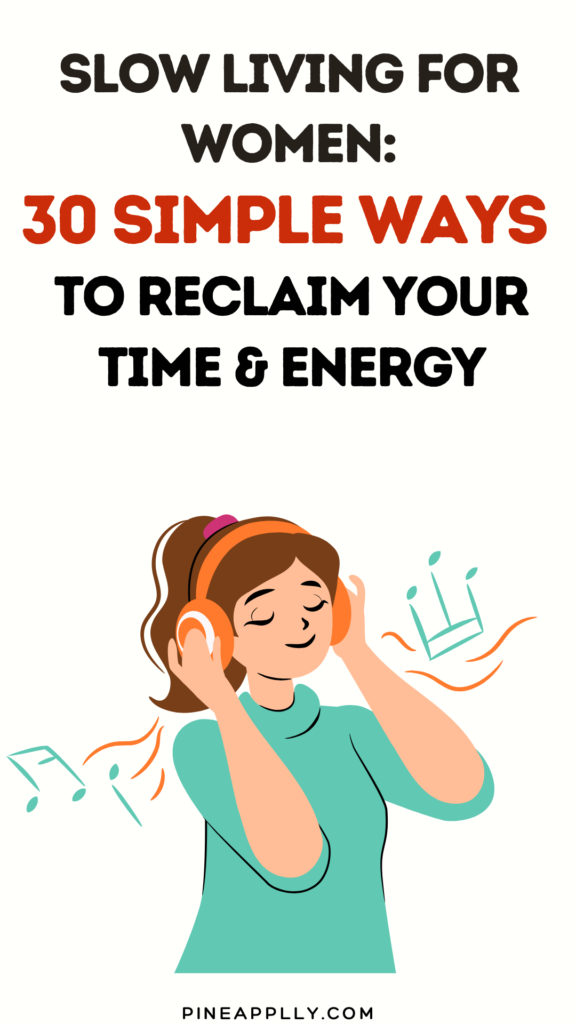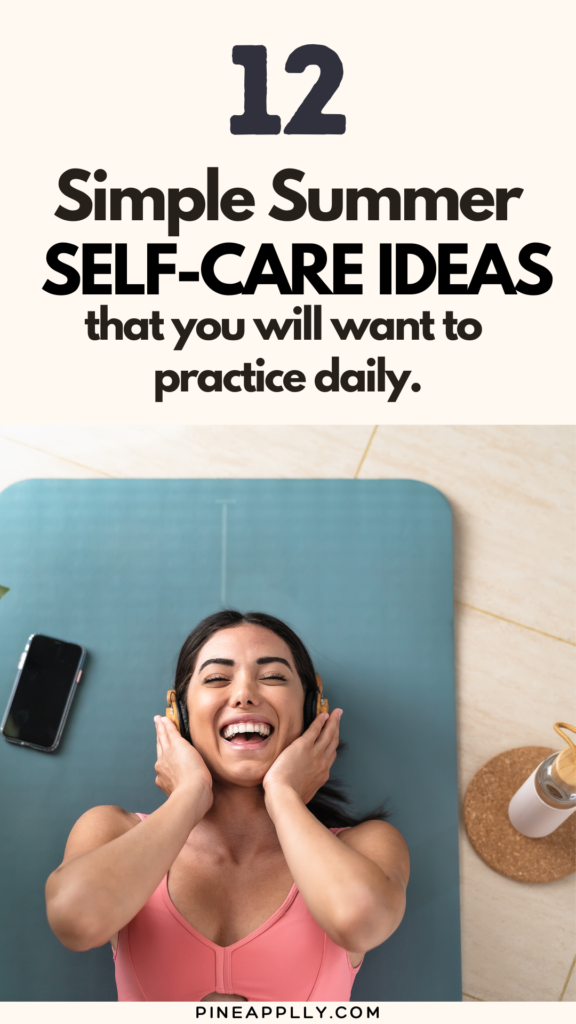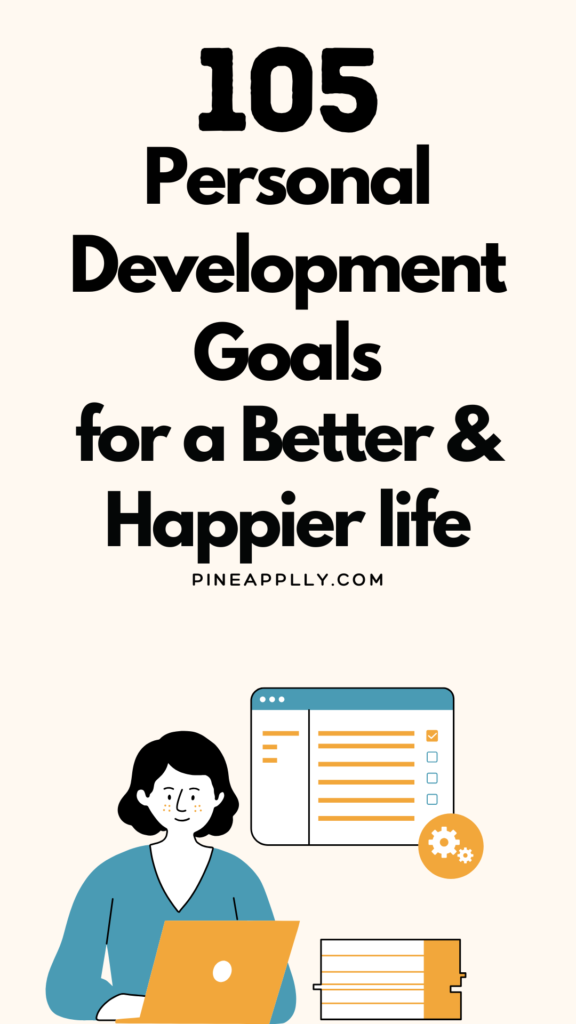
Your 30’s are a powerful decade, it is full of potential and an incredible time to increase your income, build wealth, and set yourself up for lasting financial freedom.
Many of choices we make in our 30’s will affect our growth trajectory and how quickly we achieve financial independence. So, basically, this isn’t the time to drift; it’s the time to be intentional.
To help you achieve this, I have curated this list of amazing financial goals that will surely transform your 30’s.
Whether you’re 31 or 39, you will surely find ideas you can implement today.
35 Incredible Financial Goals to Consider in Your 30’s
- Set an annual financial target.
Decide how much you wish to earn, save, and invest each year. Set a clear number and align your efforts towards hitting it.
2. Spend less than you earn.
The ability to ‘spend less than you earn’ is a timeless principle that is closely linked to true financial freedom. Use intentional spending habits such as sticking to a list, meal planning and avoiding sales traps. For more spending strategies, you can check out this post.
3. Create and Stick to a Budget
I had to add the second part because I know what it’s like to create a lovely budget and fail to implement. But that’s not you, right?
Remember that a budget is simply a plan for your money. It helps you stay in control and make informed decisions.
4. Automate your savings.
Set up auto-debits so you consistently save without thinking about it.
5. Avoid impulse purchases.
Give yourself a “cooling off” period. If you still want it in 48hours, then consider if it fits your budget.

6. Try out a No-Spend Challenge
You can try out a no-spend challenge for a day, a week or even a month. This builds discipline and reveals your money leaks.
7. Increase your investments.
Aim to consistently grow the percentage of your income that goes toward investments.
8. Diversify your investments.
Don’t put all your eggs in one basket, spread them across assets like stocks, real estate, mutual funds, and more.
9. Start a side hustle.
One thing you can’t deny about our generations is the array of skills and interests we all have. And what better way to boost your finances than by explore new income streams. You can try out freelancing, create digital products, or even write a book. For more side hustle ideas, check out this post.
10. Pay off debt Aggressively.
Do you have student loans, credit card debt, or a mortgage? Focus on ways to pay down this debt. You can start with tackling the highest interest debt.
11. Negotiate a Raise or Promotion.
Don’t be afraid to ask for a raise. But of course, you should back your request with results and value you’ve added.
12. Invest in Financial Education
Read books, take courses, listen to podcasts and other ways to keep learning about money.
13. Create a 3-6month Emergency fund.
An emergency fund is an amount of money set aside to meet important but unexpected expenses. This could be a medical issue, car breakdown or to replace a major appliance at home. It could also come in handy if quit your job and don’t have any income coming in for the first couple of months.
For your 30’s you should have at least a 3-month emergency fund, which should cover your living expenses for a 3-month period. If you can, beef up your emergency fund to cover 6-months of your living expenses.
14. Start a Dream Fund.
We all have dreams of things we want to do or achieve. You 30’s are a great time to actively create a plan to achieve these dreams, and you will need money to do this. Whether it’s a sabbatical, a trip to Bali, or launching a business, set aside money for it. Remember that dreaming is a form of planning.
15. Start an Education Fund for Your Kids.
Even if you don’t have kids yet, this makes sense since we know the cost of education will likely be on the rise. Saving early saves you a lot of stress and money problems down the road.
16. Get Health Insurance.
Protect yourself from financial ruin due to health emergencies.
17. Buy a House.
If home ownership is part of your long-term plan, start preparing; saving, researching, and building your credit, and of course you savings.
18. Practice Delayed Gratification
Resist the urge for immediate rewards. Focus on what benefit your future self.
19. Create 2year, 5year and 10-year Money Plans.
Long term thinking helps you move with purpose rather than pressure.

20. Retire early!
Nothing says you must wait until you’re 65 to retire. Right now, you should focus on building multiple income streams to help you achieve financial freedom in less time. You can set up a plan to retire in 10years.
21. Get a Financial Advisor or Personal Finance Coach.
A professional can help you spot blind spots, set realistic goals, and create a smart game plan.
22. Avoid Payday Loans.
Steer clear of short-term and high interest loans. They come in the guise of helping you meet your immediate expenses but can trap you in a cycle of debt.
23. Pay off High Interest Debt.
Paying off high-interest loans saves you more money in the long run.
24. Do a Pantry Challenge.
Spend a week cooking meals from what’s already in your pantry and freezer. It helps reduce food waste and grocery costs.
25. Reduce Your Grocery Budget.
Meal planning, bulk buying, and reducing takeout can help save hundreds each month.
26. Meal Prep Weekly
Prepping meals in advance saves both money and time.
27. Use a Grocery List.
Shopping with a list helps avoid unnecessary purchases and keeps your budget tight.
28. Know and Review Your Net worth.
Track your net worth regularly to stay aware of your financial health.
29. Make Voluntary Contributions to your Pension.
Boost your retirement savings with additional voluntary deposits if you employer allows it, and especially if they are willing to match your contribution.

30. Explore in Rental Investments.
Rental properties can provide stable and long-term income. It can also build equity over time, which will come in handy when you’re ready to expand you portfolio.
31. Create an Emergency Information Folder.
Have a digital or physical folder with key financial, medical, legal information and documents- just in case.
32. Update or Create a Will
It’s not morbid to create a will but rather a responsible thing to do. Protect your loved ones and your assets.
33. Create a Giving Fund
Your 30s are an important time to start thinking about your legacy and how you would like to be remembered. This is a great time to give to causes and charities that are close to your heart. Giving is a divine principle of wealth and should not be avoided. Create a means to always give back no matter how much you have.
34. Review and Adjust Your Insurance Coverage
As your life evolves, your coverage should too, whether it’s your health, auto, life, renters, or even property insurance. Make sure you protect the things that matter.
35. Celebrate your Milestones.
Every small win matters. Celebrate the progress you’ve made; you’re building the life you once dreamed about.
Make Money Moves in Your 30’s
Your 30s are a crucial decade for laying the foundation of long-term financial security, and the goals you set now will echo throughout the rest of your life. Whether you’re working to pay off debt, build your emergency fund, or increase your income through multiple streams, these financial goals will guide you toward a more stable, empowered future.
Remember, wealth isn’t built overnight, it’s the result of consistent, intentional steps taken over time.
By focusing on smart money habits, financial planning, and investing in your personal growth, you’re setting yourself up for financial independence and a life of freedom. Keep revisiting your goals, stay committed, and trust that every choice you make today brings you one step closer to the life you desire.
2 responses to “35 Financial Goals Every Woman needs in her 30’s”
-
Great tips, I’m doing several of the suggestions on this list!
-
That’s great, Sheenia. Thanks for your comment.
-





































Leave a Reply